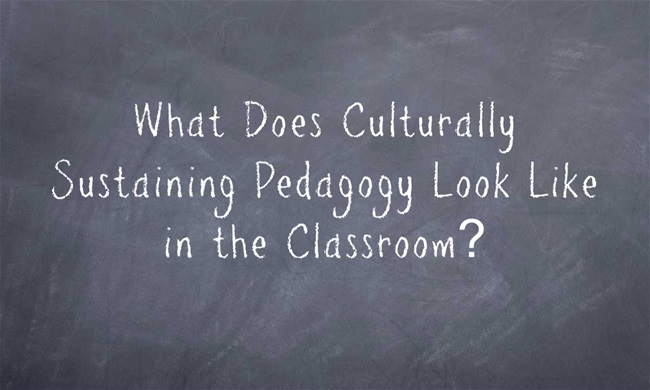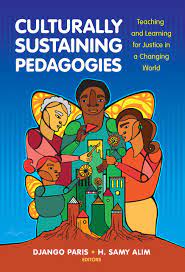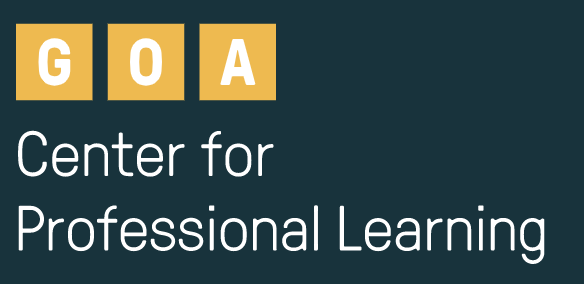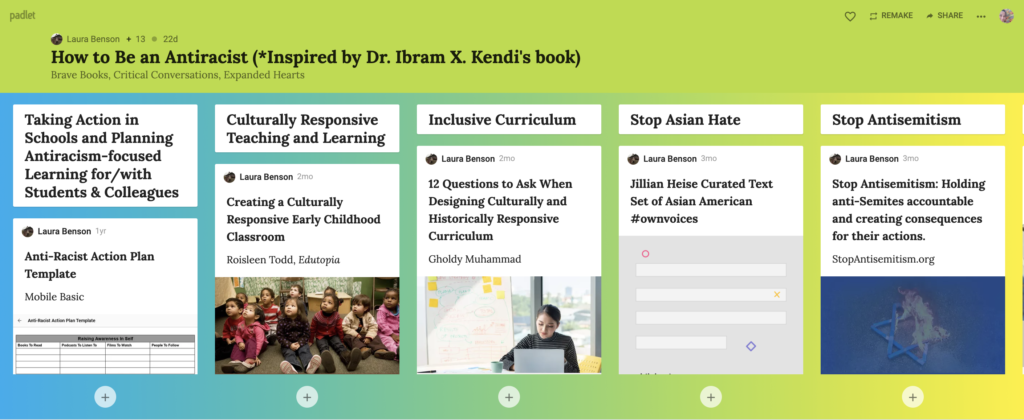
Culturally-sustaining pedagogy (CSP) is an approach that has grown from other movements such as culturally-relevant and culturally-responsive classrooms. It is an approach that intends to promote “linguistic, literate, and cultural pluralism as part of schooling for positive social transformation and revitalization.” (Paris, D. and Samy Alim, H., 2017). In short, it is a mindset that appreciates the value of diversity in the classroom – diversity (across all dimensions) as an asset rather than a hindrance.
Maybe you’re just beginning on this journey or maybe you’re well-versed in the concepts. Perhaps you are taking your first step alone, or perhaps you are a thought leader looking to recruit more allies. Wherever you are – if you are ready to delve deeper into this approach, here is smorgasbord of (mostly free) resources to support you including readings, courses, and communities.
The Book
If you are teaching in the US, this title from Django Paris and H Samy Alim has been described as a ‘must read’ for critical awareness of the topic.
While I found some very useful material here, I also realised it is geared toward a US context, and may not be wholly applicable to my own (international) classroom. Nonetheless, this is a great starting point to develop an appreciation of what CSP is and the case studies are thought-provoking and provide good material for reflection.
The authors give a really helpful introduction to the concept of CSP in this interview. Read it here and then decide if the book might be worth the investment for your PD library.

Project READY

In their own words:
Project READY is a three-year program funded by the Institute of Museum and Library Services to create professional development for school librarians and other educators focused on racial equity and culturally sustaining pedagogy.
The expert core team and many consultants have collaborated to offer a self-paced FREE curriculum with 27 modules in 3 sections. If you are in the US, I do not recommend skipping through the modules as the initial ones offer the background knowledge needed to understand race relations in your country. However, one unit that really caught my attention – as a non US citizen – was Module 17: Culturally Sustaining Pedagogy. The outcomes for the module are:
- Describe asset-based pedagogical approaches including Culturally Relevant Pedagogy (CRP) and Culturally Sustaining Pedagogy (CSP).
- Assess the extent to which lesson plans, teaching practices, and schools incorporate CRP/CSP.
The module is informative for understanding the different ways toward CSP can be implemented with no less than 6 examples from different classrooms. (Personally, I find practical examples so much more helpful than reading lengthy descriptions or theories in papers or books.) Spend as little or as long as you like exploring the many resources – you are sure to learn a lot from this page as it encourages you to process, reflect, and (of course) take action. Oh, and did I mention this jam-packed resource is completely free? Access the course here.
Global Online Academy

GOA offer their free one-week course ‘Designing for Equity’ periodically. At the time of writing, it has been offered for at least the previous 2 months. The course descrioption:
Designing for Equity, expands upon GOA’s previous professional learning courses and has been developed in response to growing needs for sustainable, culturally-responsive strategies across hybrid, in-person, and online K-12 models.
The course is aimed at all educators although the illustrations and examples are from schools (entry to graduation). There are 5 modules (1 per day) focusing on these areas:
- Module 1: Self
- Module 2: Environment
- Module 3: Content
- Module 4: Assessment
- Module 5: Grading
As you can see, it’s pretty comprehensive in terms of the different areas explored.
You can also earn a digital course certificate on completion and there are daily emails to keep you up-to-date and motivated to continue.
The course platform is well laid-out, visually-attractive and easy to navigate.
I have no idea how long they intend to continue offering it – especially as it is facilitated by a course leader – so make the most of it while you can! Click here to check the next available date and register.
How To Be Antiracist
How To Be Antiracist is a title by Dr Ibram X Kendi. Again, I found the book to be very US-centric. Nonetheless, I have heard high praise from many North American colleagues who felt it really helped them develop practical strategies for taking action against racist practices. Despite my lack of connection with the book, I found a Padlet, based on the book and curated by Laura Benson, to be a cornucopia of interesting links.

The Padlet could be overwhelming, but the resources are helpfully arranged into columns by topic making it much easier to get to what you want to quickly. It is crowd-sourced and therefore constantly updated. If you find something useful, you might consider sharing it with others in this learning community. Start exploring the Padlet here.
Enjoy the Journey!
Here I’ve shared just a few professional development resources on culturally-sustaining pedagogy, but there are many more out there. The best way to find them is to connect with communities such as our Facebook group where we share opportunities as they arise.
I hope to provide more resources as time goes on, but hopefully there’s something here to whet your appetite. Remember that sharing is caring, so if you have anything to add drop it in the comments below or send me an email.
We’ve got this!

Sources:

Pingback: Voice and Choice in World Mythology - Diversity in Mind